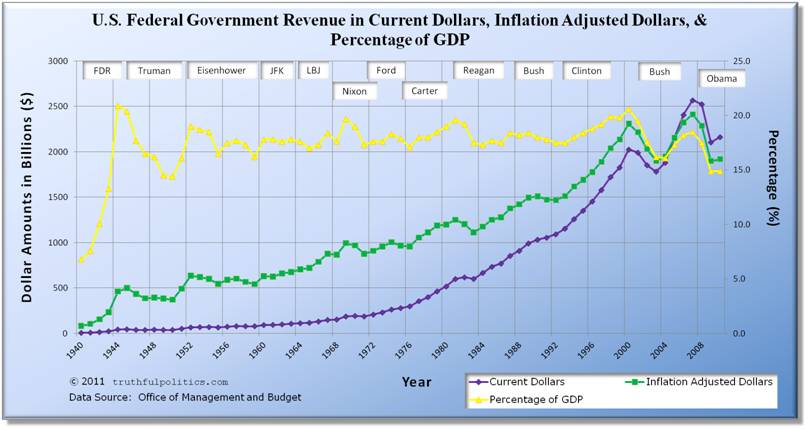America has yet to achieve a full recovery from the effects of the 2008 financial crisis. Still, it seems fair to say that we've made up much, though by no means all, of the lost ground.
But you can't say the same about the eurozone, where real G.D.P. per capita is still lower than it was in 2007, and 10 percent or more below where it was supposed to be by now. This is worse than Europe's track record during the 1930s.
Why has Europe done so badly? In the past few weeks, I've seen a number of speeches and articles suggesting that the problem lies in the inadequacy of our economic models — that we need to rethink macroeconomic theory, which has failed to offer useful policy guidance in the crisis. But is this really the story?
No, it isn't. It's true that few economists predicted the crisis. The clean little secret of economics since then, however, is that basic textbook models, reflecting an approach to recessions and recoveries that would have seemed familiar to students half a century ago, have performed very well. The trouble is that policy makers in Europe decided to reject those basic models in favor of alternative approaches that were innovative, exciting and completely wrong.
I've been revisiting economic policy debates since 2008, and what stands out from around 2010 onward is the huge divergence in thinking that emerged between the United States and Europe. In America, the White House and the Federal Reserve mainly stayed faithful to standard Keynesian economics. The Obama administration wasted a lot of time and effort pursuing a so-called Grand Bargain on the budget, but it continued to believe in the textbook proposition that deficit spending is actually a good thing in a depressed economy. Meanwhile, the Fed ignored ominous warnings that it was "debasing the dollar," sticking with the view that its low-interest-rate policies wouldn't cause inflation as long as unemployment remained high.
In Europe, by contrast, policy makers were ready and eager to throw textbook economics out the window in favor of new approaches. The European Commission, headquartered here in Brussels, eagerly seized upon supposed evidence for "expansionary austerity," rejecting the conventional case for deficit spending in favor of the claim that slashing spending in a depressed economy actually creates jobs, because it boosts confidence. Meanwhile, the European Central Bank took inflation warnings to heart and raised interest rates in 2011 even though unemployment was still very high.
But while European policy makers may have imagined that they were showing a praiseworthy openness to new economic ideas, the economists they chose to listen to were those telling them what they wanted to hear. They sought justifications for the harsh policies they were determined, for political and ideological reasons, to impose on debtor nations; they lionized economists, like Harvard's Alberto Alesina, Carmen Reinhart, and Kenneth Rogoff, who seemed to offer that justification. As it turned out, however, all that exciting new research was deeply flawed, one way or another.
Continue reading the main story
Continue reading the main story
Continue reading the main story
And while new ideas were crashing and burning, that old-time economics was going from strength to strength. Some readers may recall that there was much scoffing at predictions from Keynesian economists, myself included, that interest rates would stay low despite huge budget deficits; that inflation would remain subdued despite huge bond purchases by the Fed; that sharp cuts in government spending, far from unleashing a confidence-driven boom in private spending, would cause private spending to fall further. But all these predictions came true.
Continue reading the main story
Recent Comments
kramtesi 4 minutes ago
If nothing else, EU policies have been a stimulus to Krugman's personal economy, allowing him to financially gain from republishing the same...
chickenlover 6 minutes ago
Thankfully history runs on only one track and the hypothetical - what if John McCain had won the Presidency in 2008 - is just that a...
Riff 7 minutes ago
I don't think you can separate economic policy from venue and culture. America is big, industrious and has an optimistic mindset. We worship...
See All Comments Write a comment
The point is that it's wrong to claim, as many do, that policy failed because economic theory didn't provide the guidance policy makers needed. In reality, theory provided excellent guidance, if only policy makers had been willing to listen. Unfortunately, they weren't.
And they still aren't. If you want to feel really depressed about Europe's future, read the Op-Ed article by Wolfgang Schäuble, the German finance minister, that was published Wednesday by The Times. It's a flat-out rejection of everything we know about macroeconomics, of all the insights that European experience these past five years confirms. In Mr. Schäuble's world, austerity leads to confidence, confidence creates growth, and, if it's not working for your country, it's because you're not doing it right.
But back to the question of new ideas and their role in policy. It's hard to argue against new ideas in general. In recent years, however, innovative economic ideas, far from helping to provide a solution, have been part of the problem. We would have been far better off if we had stuck to that old-time macroeconomics, which is looking better than ever.






